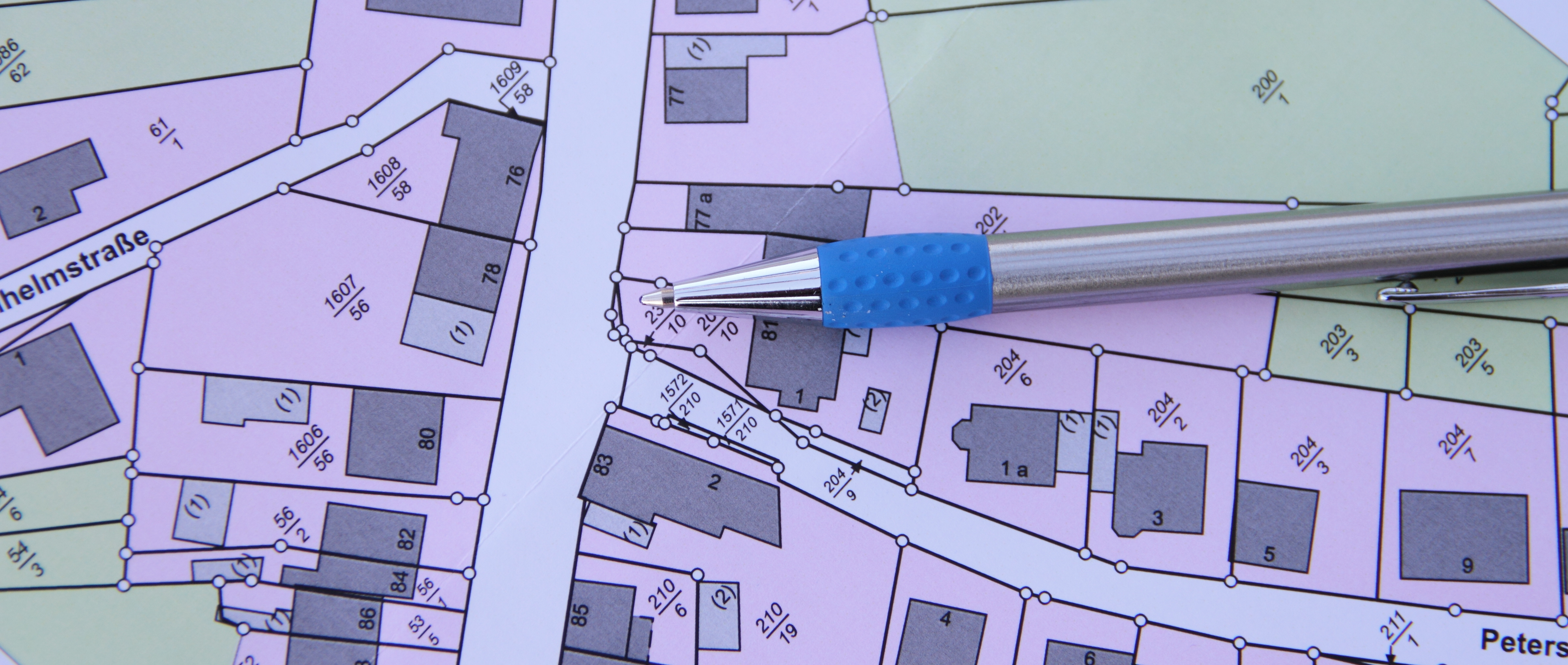
Bill 10-2022 Removes Secret Ballot Vote
April 8, 2022
Labour Relations & Union Advice
Bill 10-2022 Removes Secret Ballot Vote
Much to the surprise of business leaders, the NDP introduced Bill 10 Labour Relations Code Amendment Act on Thursday April 6th, 2022. Bill 10 eliminates secret ballot votes in most union certification applications * by reintroducing a card check system and represents a fundamental change to the Code contrary to the recommendations contained in the Report of the NDP’s expert Panel (“ Expert Panel”) published in 2018. It represents a return to the NDP’s 1992 policies of promoting union organizing much to the detriment of employees who now lose the right to decide in a secret ballot vote whether a union should represent them. The NDP has once again catered to the wishes of big unions with no apparent basis for making such drastic changes especially in light of the substantial changes to the Code in 2019.
[*note: while a vote will still be held if union support is between 45% and 55% the reality is unions will now apply only when they have over 55% to avoid a secret ballot vote].
Bill 10 accomplishes 3 major things:
- It eliminates the secret ballot vote that currently is required before a union can become the exclusive bargaining agent of employees in cases where the union can show card sign up or membership of at least 55% of the employees in an appropriate unit. As noted above, a vote will still be held if union support is between 45% and 55%.
- It allows construction unions to replace an incumbent union by way of a raid application every year, not as per the current legislation that only allows such disruptive applications every three years. The current provisions were recommended by the Expert Panel and there appears to be no reason to make this change so soon after the Code amendments of 2019 except perhaps to allow the traditional building trades unions the annual right to try to supplant what they believe to be employer friendly unions.
- It allows unions to get a sneak preview of their support and the employers’ business by allowing a precertification vote before the Board determines the appropriate bargaining unit thus allowing the union to define the bargaining unit based on its support.
These amendments follow on the heels of significant amendments introduced in 2019 by the NDP on recommendations from the Expert Panel. At that time the NDP was saddled by its agreement with the Green Party that allowed it to govern in a minority situation. Andrew Weaver made it crystal clear that any amendments to the Code must preserve the democratic right of employees to decide the issue of union representation through a secret ballot vote. Most importantly the Expert Panel recommended continuing the secret ballot vote: See Vaughn Palmer’s article in the Vancouver Sun on the history here.
Business was blindsided by these changes and expressed their discontent in a news release at the failure of the NDP to engage in consultations as promised before such a major shift would be implemented.
It is interesting to note that a secret ballot vote will continue to be required if employees decide to decertify. This shows in my view that the changes are intended to respond to the wishes of big unions not the wishes of employees.
Déjà Vu All Over Again
In my 40 + years of practicing labour law I have been amazed but not surprised by the constant pendulum swing in labour legislation since the Code was introduced in 1972. The most significant swing was in 1992 when the NDP took power and introduced significant changes to the Code. That included major limitations on employer free speech, and it eliminated the secret ballot vote in precisely the way that Bill 10 does.
When the Liberals took power in 2001, they reversed many of these changes including broadening employer free speech and reintroducing the secret ballot vote.
The combined effect of the NDP’s changes in 2019 and Bill 10 basically swings the pendulum back to 1992 with some additional amendments in favour of unions. For example the LRB can certify now without a vote if it finds an unfair labour practice has been committed. In one case where only two out of almost 90 employees had expressed an interest in union representation and only one employee had signed a union card, the LRB ordered remedial automatic certification where the wishes of 88 employees were ignored: Salade Etcetera 2020 BCLRB 109 appeal of 2020 BCLRB 34 dismissed.
Yet each and every time the governing party claims that the changes simply balance the scales.
News Release - Single-step certification
The news release in my view is simply inaccurate and misleading. Some of the errors are most egregious.
For example, it never mentions that it is removing employees’ right to have a secret ballot vote. Rather it speaks of going from a two-part certification process to a one-part system in order to protect employees. It wrongly asserts that under the current system employees have two votes. It justifies this major shift by stating incorrectly that one vote occurs when they sign up with a union and therefore the secret ballot vote is really just a second vote. This is false.
Unions do not hold secret ballot votes; rather they sign up employees (or use their membership evidence) and use those membership cards to support their application.
Far from being a secret ballot vote the sign-up procedure discloses who is a member and who is not. Many employees may well feel intimidated and forced to sign a card even though that does not reflect their true and informed wishes. Yet the News Release states that this elimination of the secret ballot vote will avoid unfair labour practices such as “requiring employees to disclose their position on potential certification”—in fact it does precisely the opposite.
And just like in 1992, the NDP unabashedly acknowledges that these changes are intended to make it easier for unions to organize without having to test their support in a secret ballot vote.
There are other misstatements in the New Release that undoubtedly will be used by employers in responding to a union organizing drive to set the record straight.
What Should Business Owners Do?
These amendments will undoubtedly pass given the elimination of the Green Party’s voice. And it is the NDP’s right to govern as they see fit—after all they are following the Golden Rule “whoever has the gold makes the rules”. So, business has to deal with this reality.
If you are a non-union business or partially union/non union I recommend you familiarize yourself with the certification procedures and prepare in case a union comes knocking on your door. While the secret ballot vote may have been eliminated there are other objections that can be made to a union application for certification.
In the absence of a secret ballot vote employers should keep their ears to the ground and respond if it learns that a union is organizing the workplace. Educating employees before a union starts an organizing drive may be critical. Caution still prevails as employers do not want to commit unfair labour practices, but you still have the opportunity to communicate with your employees. Educating employees and maintaining a positive work environment may be in the best interests of the employees and your business. This includes updating and reviewing employee policies and handbooks. As I recommend “Get rid of the garbage can under the suggestion box”.
We will be offering webinars outlining these changes and discussing strategies to respond to union certifications in the absence of a secret ballot vote. If you are interested in attending, please contact Chris Drinovz at cdrinovz@kswlawyers.ca. Or give me a call.
Mike Weiler - Contact Info Here
Friday, April 8, 2022
Note to Readers: This is not legal advice. If you are looking for legal advice in relation to a particular matter please contact one of our group members. We communicate all these updates to our clients and readers on our Employer Resources Portal and through monthly Newsletters.
Lawyer
Mike Weiler has more than 35 years experience in the ever evolving world of employment, labour and human rights law. And experience in this area is critical to protect our clients—this is where law is not just a science but most often an art. Judgment is critical for our clients and that is what we bring to the table based on our years of experience. This means first and foremost knowing the law—keeping updated and current. Experience also means knowing the players in the game and their processes—the LRB, the Employment Standards branch, WorkSafeBC, the courts etc. It means not only seeing the...


Contact
Have questions? Need insight? Our team can assist you in examining your options and determining which path best suits your needs.
*By clicking submit you agree you have read our Privacy Policy and Disclaimer
Disclaimer: the information you obtain at this site is not, nor is it intended to be, legal advice. We invite you to contact us and welcome your calls, letters and electronic mail. Contacting us does not create a lawyer-client relationship. Please do not send any confidential information to us until such time as a lawyer-client relationship has been established. By checking this box you agree to receive communications from KSW Lawyers, which may include quarterly email Newsletters containing legal updates (may easily unsubscribe at any time).



-p-500-min.png)

.png)






.png)